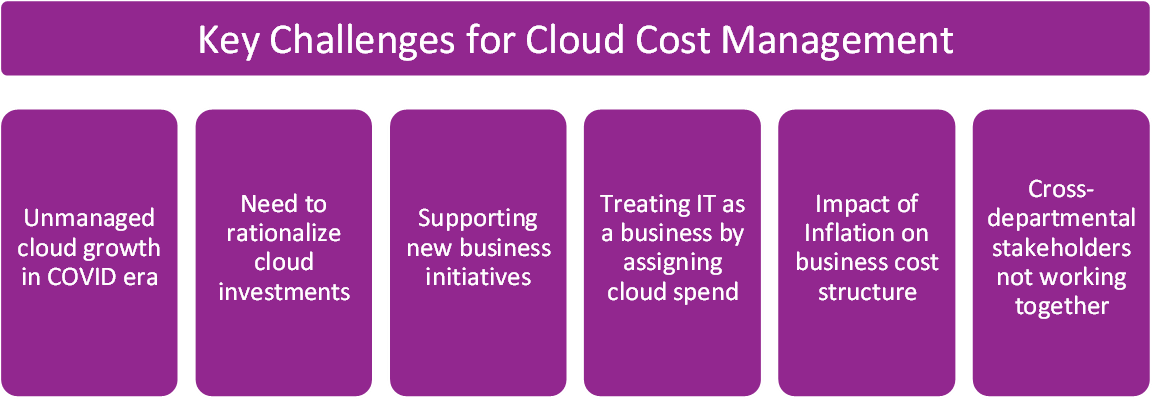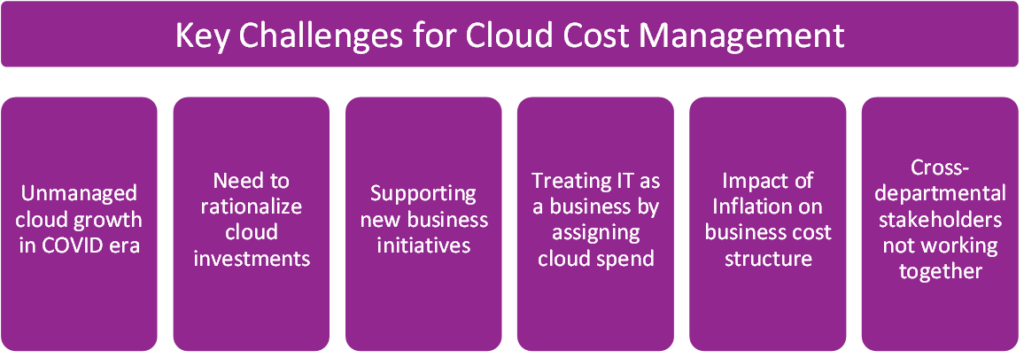If you would like your announcement to be included in Amalgam Insights’ weekly data and analytics roundups, please email lynne@amalgaminsights.com.
Funding
Black Crow AI Raises $25 Million Series A
On March 31, Black Crow AI, a digital-commerce-focused no-code machine learning company, announced that it had raised $25M in Series A funding. The round was led by Imaginary Ventures; other participants included Good Friends, Interplay, Left Lane, and Red Antler, as well as individual investors who primarily have founded digital commerce companies. Black Crow AI will use the funds to accelerate R+D of new machine learning use cases in digital commerce and related verticals.
Amalgam’s Insight: No-code machine learning is an approach that will quickly move into all verticals and be used to bring models and complex analysis to line-of-business employees. Data analysts should keep track of the no-code solutions appearing in their industries as potential augmentations to their existing analytics toolkits.
Pinecone Announces $28M Series A Financing
On March 29, Pinecone Systems, a vector database company, announced that they had completed a $28M Series A financing round. Menlo Ventures led the round, with participation from new investor Tiger Global and previous investor Wing Venture Capital. Tim Tully, partner at Menlo Ventures, will join Pinecone’s Board of Directors as part of the transaction. The funding will go towards hiring in product, customer success, and R+D, with specific investments in machine learning, information retrieval, and natural language processing research.
Amalgam’s Insight: Amalgam Insights continues to posit that enterprises need multiple data formats to support high performance analytics and machine learning, including vector and graph-based approaches. No company ever brags about having the most outdated and least useful data technology, and for good reason. Amalgam also notes the engagement of the ever-present Tiger Global in this round as Tiger continues to be an aggressive investor in emerging tech.
Product Launches and Updates
Arize AI Launches Self-Serve Access Option, Free Tier
Arize AI, a machine learning observability company, announced the latest version of their platform at their Arize:Observe 2022 Summit this week. Notable enhancements include self-serve options, as well as a free tier that allows access to the full Arize platform for up to two models, 500 features per model, and half a million production predictions per month.
Amalgam’s Insight: Observability for machine learning models and applications continues to be a struggle both to support highly performant models and to provide visibility and lineage from data quality and output effectiveness perspectives. This announcement provides developers and data scientists seeking to operationalize machine learning with a free option to automate aspects of the boring side of ML monitoring.
Indico Data Unveils Indico 5
Indica, an unstructured data processing platform, released Indico 5 this week. New features include automatic document unbundling, even of complex PDFs such as mortgages; linked labels that capture the relationships between document elements; native support for reading over 70 languages, both in print and in handwriting; and Workflow Canvas, a visual interface for users to build and review their document processing automated workflows.
Amalgam’s Insight: Document parsing and tracking are still challenging across banking, healthcare, insurance, legal, and contract management use cases. Language processing capabilities that were considered highly specialized in the past are quickly becoming standardized and expected in the workplace.
Oracle Announces MySQL HeatWave ML
On March 29, Oracle announced that Oracle MySQL Heatwave now supports in-database machine learning. Previously, Heatwave supported transaction processing and analytics. With the new machine learning support, both the data and model reside in the database, making moving the data and model for training no longer necessary.
Amalgam’s Insight: Bringing modeling into the database is a significant performance advantage for MySQL-based machine learning to create ML-friendly data marts. Today’s data world is increasingly complicated as options now exist to bring analytics and machine learning capabilities to the data without needing to move the data. Oracle’s take on this trend is indicative of a potential approach for database providers to move upmarket by taking over some or all of the machine learning support responsibilities. And brining Heatwave in-database provides additional modernization to go with Autopilot, which we saw last year.
Snowflake Launches Retail Data Cloud
On March 28, Snowflake launched the Retail Data Cloud, focused on the data needs of retailers, manufacturers, distributors, and consumer packaged goods vendors and their technology partners. As part of this launch, a number of technology vendors announced related Partner Solutions, including partners like Amazon, DataRobot, Dataiku, Robling, and Tableau.
Amalgam’s Insight: At first glance, this reminds us of the Informatica announcement for the Data Management Cloud for Retail last week. Retail is always a challenging arena for managing data and Snowflake seeks to show its market presense both with this launch and their 1,000+ retail and Consumer Packaged Goods clients.
Tableau 2022.1 Release
Tableau released version 2022.1 earlier this week. Highlights include the new Workbook Optimizer, which evaluates workbook characteristics against known best practices and flags potential improvements in design and speed; improvements to search; Ask Data enhancements permitting a hybrid approach for asking data questions that are hard to put into natural language; Enterprise Deployment Guidelines to help enterprise architects optimize Tableau Server deployment; and setting resource limits on jobs that run in the background on Tableau Server.
Amalgam’s Insight: Tableau continues to focus on the data analyst and is starting to take full advantage of having moved to the cloud in being able to improve workbooks based on the best practices of other Tableau users. In addition, Tableau continues to show improvements in scaling Tableau Server as it continues to be a standard in enterprise analytics.
Partnerships
Datafold and dbt Labs Partner, Launch Integration to Deliver Trusted Data Faster
On March 30, Datafold and dbt Labs announced that they had partnered to produce an integrated way to deliver trusted data faster. Complex data models needing regular updates require testing to understand how they ought to perform in production, but analytics engineers don’t have time to write the thousands of tests needed for a proper evaluation. Datafold now automates regression test creation, saving analytics engineers time in deploying updates to dbt Labs data models in production.
Amalgam’s Insight: Regression testing is a time-consuming aspect of bringing data into production and this challenge will only continue to be more difficult with time as the volume and variety of data increase. Test automation must be brought into any organization seeking to significantly scale the amount of data it wants to analyze.
Hiring
Alteryx Selects Gari Johnson as Senior Vice President of Asia Pacific and Japan
On March 28, Alteryx announced that they had appointed Gari Johnson as the senior Vice President of Asia Pacific and Japan, leading business strategy and operations for Alteryx in the region. Johnson joins Alteryx from Zendesk, where he was the Senior Vice President of JAPAC (Japan and Asia Pacific). Prior to Zendesk, Johnson was the Area Vice President APAC in Cloud Sales at Salesforce, leading the Enterprise Sales team for cloud solutions.
Amalgam’s Insight: Alteryx continues to expand its executive reach on a global basis to fully access its potential addressable market. Amalgam Insights looks forward to seeing how this affects both Alteryx’s direct sales approaches and partnerships in APAC.
Cloudera Welcomes Chief Strategy Officer, Chief Legal Officer, EVP+GM of Cloud
Cloudera announced a slew of executive appointments this week. Abhas moves into the Chief Strategy Officer position, after having served as Chief of Staff and Vice President for Business Transformation at Cloudera subsequent to the merger with Hortonworks. At Hortonworks, Abhas was the Senior Director Global Head of Strategy, Innovation, and Sales. Irma Laxamana advances to Chief Legal Officer from her previous position of Deputy General Counsel, Vice President, also within Cloudera. Laxamana came over to Cloudera with the Hortonworks merger as well, having served as VP and Deputy General Counsel for five years there. Prior to that, Laxamana also served as Senior Counsel at GoodData and VMware. Prat Moghe moves up to the EVP and GM of Cloud post from a year as the SVP of Cloud at Cloudera. Moghe’s prior company, Cazena, was also acquired by Cloudera; he was the founder and CEO there.
Amalgam’s Insight: Cloudera expands its C-Suite as its corporate integrations have completed and Cloudera has identified multiple executives to elevate. Amalgam finds it especially interesting to see Prat Moghe, a multiple-time founder, being promoted to GM of Cloud and looks forward to seeking how this affects Cloudera’s roadmap.
Events
Alteryx Announces Hybrid 2022 Inspire Conference
Alteryx Inspire 2022, Alteryx’s annual customer and partner conference, will take place in person this year, May 16-19 in Denver, CO, as well as online. Highlights include an executive summit for line-of-business, data, and IT executives; opportunities for product training and professional development; and the return of the Alteryx Grand Prix, where Alteryx power users solve analytics challenges at speed relying on their knowledge of the Alteryx toolkit. Register to attend Alteryx Inspire.
Amalgam’s Insight: The Alteryx Grand Prix is one of the most interesting activities in analytics, as it successfully turns data analyst work into a spectator sport. Our analysts have been to Alteryx events since 2013 working for a variety of companies and can vouch that it is a must-watch for anyone interested in analytic challenges. Interestingly, this event is happening at the same time as Tableau Conference (May 17-19) and it will be interesting to see if these once-close partners provide competing or joint products at their events.


